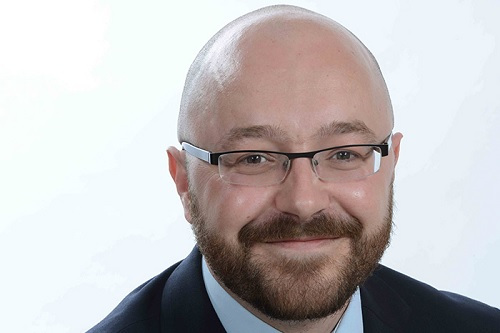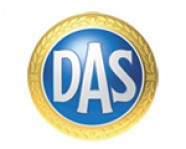DAS insight: The impact of ‘Qualified One-Way Costs Shifting’ on costs lawyers

Authored by Dominic Woodhouse (pictured), Partners in Costs
Change has long been brewing in relation to the Qualified One-Way Costs Shifting (QOCS) regime. The Court of Appeal’s decision in Cartwright v Venduct Engineering Ltd [2018] EWCA Civ 1654 fomented further discontent with the regime on the part of defendants, confirming that the ability to enforce orders for costs against a claimant without the permission of the Court under CPR 44.14 only applied where an Order for damages had been made by the Court, and did not include situations where proceedings had been settled on the basis of a CPR 36 offer or where the provision for damages was made in the schedule to a Tomlin Order rather than in the Order itself.
Dissatisfaction on the part of defendants was compounded by the decision of the Supreme Court in Ho – v – Adelekun [2021] UKSC 43, which held that while the jurisdiction to direct set-off under CPR 44.12 was not displaced by the QOCS scheme, it could not be exercised without regard to CPR 44.14, with the effect that enforcement, by whatever means, would still only be permitted up to the amount of damages and interest awarded. Change was afoot and the Civil Procedure Rules Committee indicated an intention to do something about it.
So it is that we have the Civil Procedure (Amendment) Rules 2023, reversing the effect of both judgments for cases in which proceedings are issued on or after the 6th April 2023.
In claims issued from that date, CPR 44.14 is amended to make direct reference to set-off provisions under CPR 44.12, and to enlarge the ‘pot of money’ against which adverse costs Orders can be enforced without permission to include both agreements to pay damages by whatever means (be that a Part 36 or any other kind of settlement), or where damages are contained in the schedule to a Tomlin Order.
The scope of the jurisdiction is further enlarged to also now include any costs ordered or agreed to be paid to the Claimant, and, it appears, in addition to interest on damages, also any interest on the costs.
The risks facing litigants and their legal representatives have therefore changed, and many of the latter will need to give careful consideration to their retainer documentation. Conditional Fee Agreements that in practical effect rely on the opposing party paying money over for the costs, and forgo any entitlement to recover shortfall in inter partes costs recovery, may prove problematic where adverse costs exceed the damages recovered and therefore diminish or entirely wipe out the inter partes costs recovery.
Conversely, agreements that entitle solicitors to make a full charge for costs against their own client, irrespective of the amount of recovery against the opponent, will on occasion leave litigants in the position of their inter partes recovery of damages and costs being entirely depleted by an adverse costs Order, but, still liable for their own solicitor’s no doubt substantial bill, sudden will come the stark realisation that, contrary to what the profession had understood for years, they could well leave the litigation substantially worse off than when they started it, despite having ‘won’ the claim. One wonders at the potential for conflict in the range of situations that may present between those two positions.
For costs lawyers and costs professionals of all kinds, conducting assessment proceedings or providing more general assistance and advice, reducing the opponent’s costs and obtaining maximum recovery of own costs will involve greater pressure than ever, and self-evidently more work will be required; many adverse Orders will previously not have been pursued at all, whereas now the field has been well and truly opened.
About DAS Group
The DAS UK Group comprises an insurance company (DAS Legal Expenses Insurance Company Ltd), a law firm (DAS Law), and an after the event (ATE) legal expenses division.
DAS UK introduced legal expenses insurance (LEI) in 1975, protecting individuals and businesses against the unforeseen costs involved in a legal dispute. In 2018 it wrote more than seven million policies.
The company offers a range of insurance and assistance add-on products suitable for landlords, homeowners, motorists, groups and business owners, while it’s after the event legal expenses insurance division offers civil litigation, clinical negligence and personal injury products. In 2013, DAS also acquired its own law firm – DAS Law – enabling it to leverage the firm’s expertise to provide its customers with access to legal advice and representation.
DAS UK is part of the ERGO Group, one of Europe’s largest insurance groups (the majority shareholder in ERGO is Munich Re, one of the world’s largest reinsurers).

